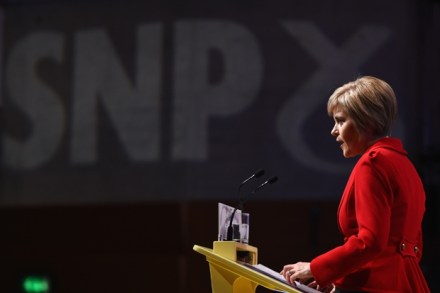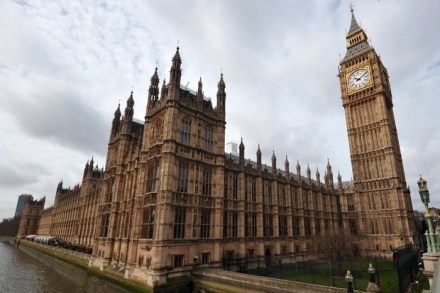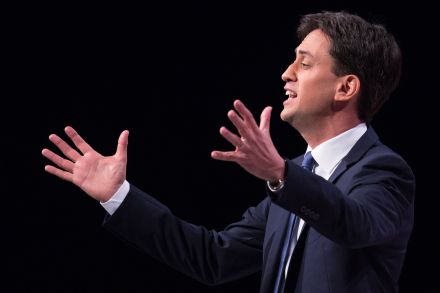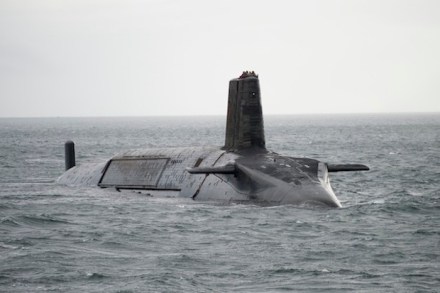Nicola Sturgeon ridicules Labour’s ‘tortured’ Trident debate
Given last year’s election was so much about the possibility of the SNP and Labour working together in government, Labour figures will be smiling ruefully at Nicola Sturgeon’s interview on the Andrew Marr Show today, in which she stuck the boot into the party she once suggested a ‘progressive alliance’ with. The Scottish First Minister is of course thinking more about fighting Labour in this year’s Holyrood elections than about the Westminster Parliament, and so she wanted to paint her main challengers as weak and confusing. She told the programme that the party would end up ‘without a shred of credibility’ if it held a free vote on Trident renewal,



















